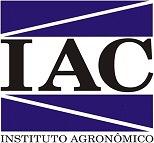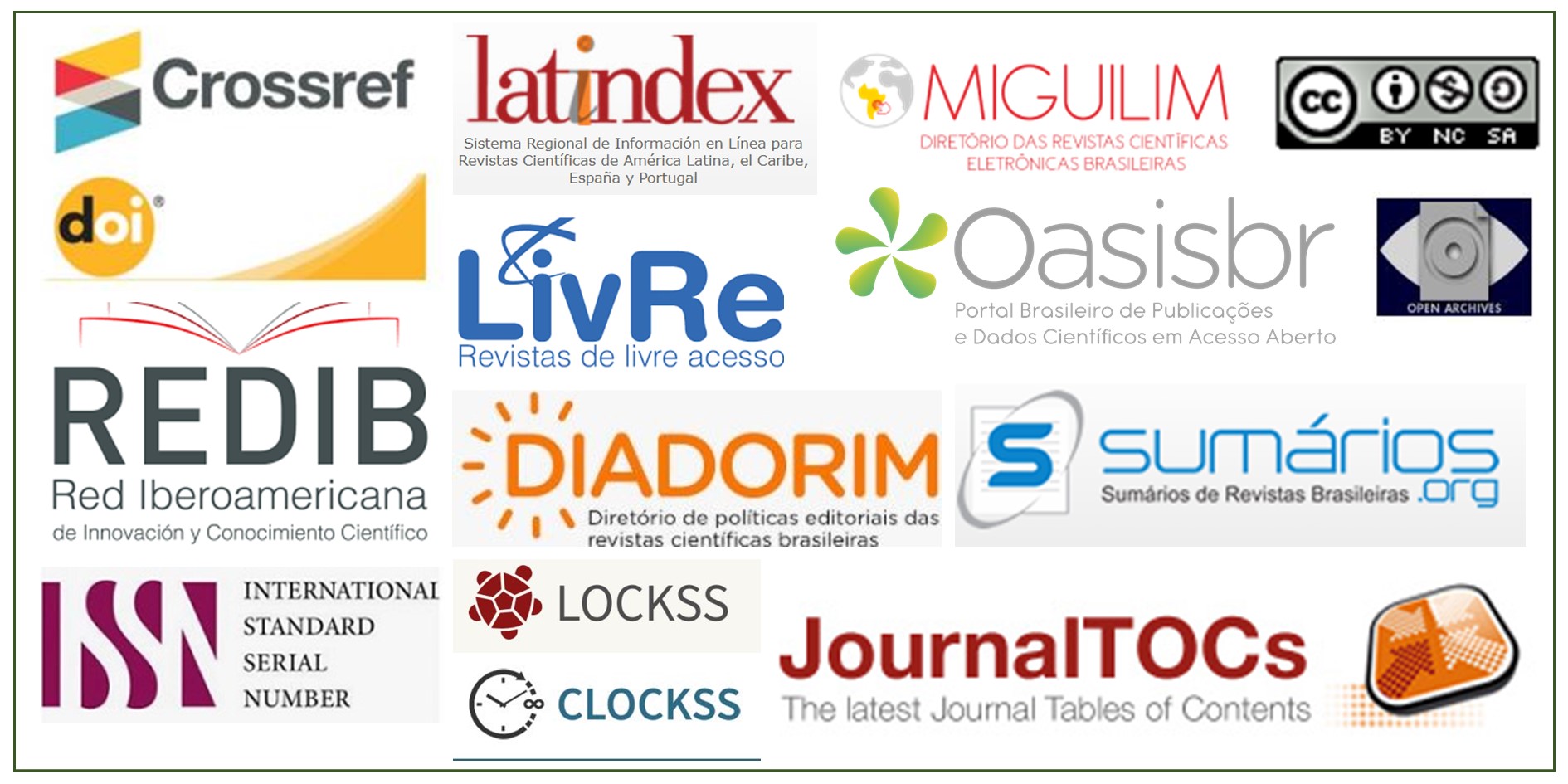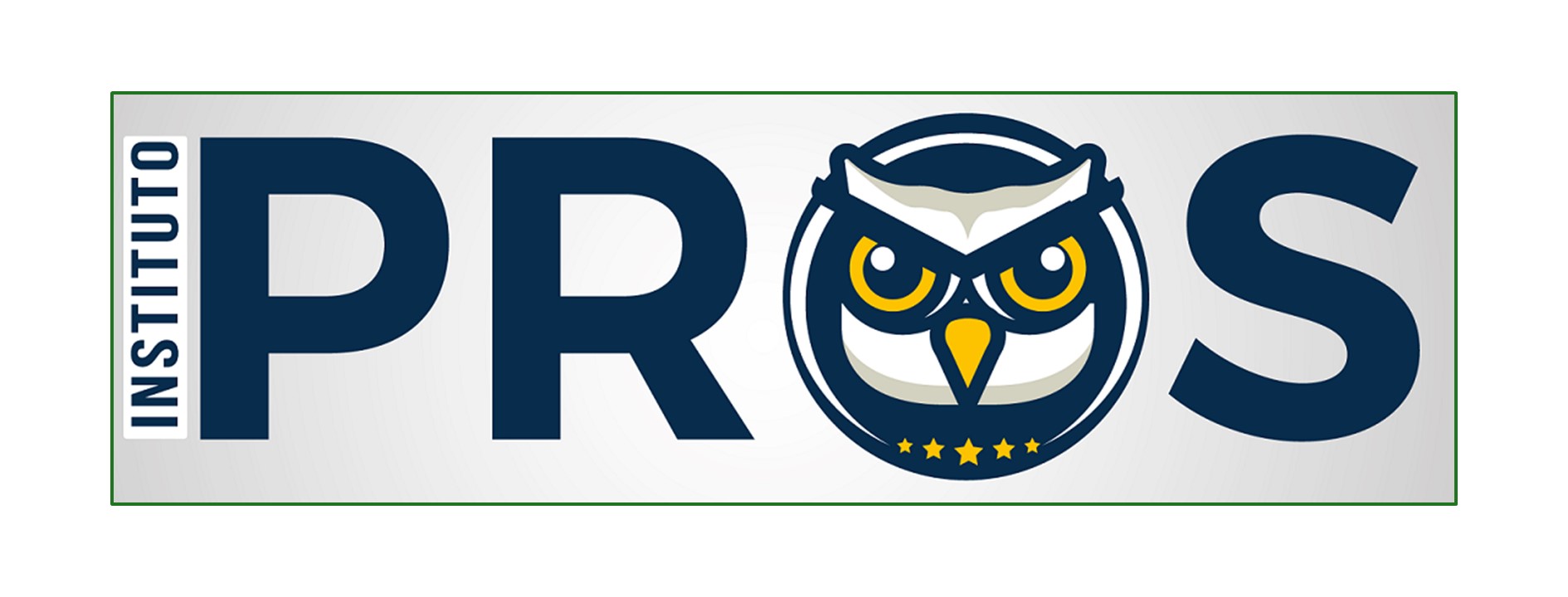About the Journal
Focus and scope
South American Sciences begins its existence in the year 2020, with the desire to contribute significantly to scientific communication in South America and collaborate for the development of science throughout the territory.
Mission
South American Sciences' mission is to democratize the dissemination and access to scientific knowledge in South America, establishing itself as an important scientific communication channel, focusing on agility in the peer review process, with respect for the required ethical standards and the quality of published content. Above all, to provide researchers with the possibility of publishing at an affordable cost and to promote open access to quality scientific content.
In this way, the journal allows libraries to collect, preserve and provide their readers with access to published works, with the aim of promoting digital preservation through the PKP Preservation Network, LOCKSS and CLOCKSS systems.
Goals
With an inter/multidisciplinary character, South American Sciences aims to publish original and unpublished scientific works in different areas of knowledge, from different regions of the world, but mainly, on topics relevant to the countries that make up South America.
Target Audience
Researchers, professors, undergraduate and graduate students, research groups and professionals in each area.
Types of documents
Original and unpublished scientific articles, Literature reviews (Narrative, Systematic or Integrative) and, in specific cases, experience reports. Papers in Portuguese, English or Spanish are accepted.
Frequency
The journal South American Sciences (online, ISSN 2675-7222), is published semiannually in continuous flow mode, edited by Instituto PROS.
Submission policies
The journal does not charge a submission fee for articles and literature reviews.
Peer Review Process (double-blind)
The review of the scientific work will only begin after prior evaluation by the editor-in-chief. Papers that do not meet the requirements set out in the instructions for authors will be immediately rejected or returned to the authors for adjustments.
The editorial board, as well as the "ad hoc" reviewers, is essentially heterogeneous and external to the institution that maintains the journal. If it meets the required requirements, the work will be sent to the section editor, responsible for the thematic area under study. The section editor will conduct the peer review (double-blind), ensuring anonymity between authors and reviewers.
For review (evaluation) of the work, researchers from institutions different from the authors and from different regions of the country, or even international ones, will be chosen. The final opinion will be sent to the authors, after consideration by the section editor and editor-in-chief, who will make the final decision.
The journal values agility in the peer review process, defining 120 days (4 months) as the maximum time for sending the final decision to the authors.
Preference will be given in the submission queue to works sent in a foreign language (English or Spanish); for works in which the authors inform the editor-in-chief, upon submission, of their intention to carry out the translation, if the work is approved, after a peer review process; and works whose themes fit the themes that are the focus of the magazine.
Declaration of Ethics and Good Publishing Practices
We declare that South American Sciences:
It seeks to maintain standards of ethics and good publishing practices, committing to the international principles indicated by the Committee on Publication Ethics - COPE, recommending that Editors, authors and reviewers abide by these principles. The principle of impersonality and transparency must be respected by editors and evaluators when evaluating manuscripts, with any discrimination based on race, gender, class, nationality, religious or ideological belief that interferes in the evaluation process of intellectual content manuscripts being expressly prohibited. All ethical issues related to research involving human subjects are the sole responsibility of the authors. Any deviations from the rules mentioned above must be reported to the Editorial Board for quick resolutions.
It is up to the members of the Editorial Board to contribute to the development and good management of the journal; help publicize the journal and help editors make decisions about the journal.
It is the duty of the Authors to take responsibility for the content of the article, declaring that the contribution is original and unpublished and that the manuscript is not being evaluated for publication by another journal; be aware that plagiarism constitutes unethical and unacceptable behavior, ensuring that the text escapes the situations described in the Plagiarism Policy; communicate to the editors if any error or inaccuracy is detected in the published work, so that it can be corrected.
Evaluators (ad hoc referees) must critically analyze the work, suggesting improvements, if necessary; communicate to the editors if they do not feel qualified to review the submitted text; refuse to do the evaluation if they have conflicts of interest resulting from competitive, collaborative relationships or connections with any of the authors or institutions linked to the articles; inform publishers immediately if you become aware of copyright infringement and/or plagiarism by the author; to assist the editors in their decisions, indicating a possible opinion to be adopted regarding the acceptance or refusal of the manuscript for publication.
It is the responsibility of the Editors to decide on the publication of submitted manuscripts, based on the journal's policies; inform authors and reviewers about peer review processes; select appropriate reviewers, ensuring that all evaluation and publication processes are respected, so that there is a fair and impartial evaluation of results by peers; ensure that the identities of reviewers are protected; whenever necessary, publish corrections, clarifications, retractions and apologies; consult with members of the editorial board periodically to ask for their views on the running of the journal and to learn of any policy changes and identify future challenges.
Plagiarism Detection Policy
Submitted works will undergo plagiarism analysis. If they do not comply with the required ethical standards, if possible, they will be returned for correction before starting the peer review process or, otherwise, they will be immediately rejected.
Publisher Duties
INSTITUTO PROS guarantees that obtaining advertising funds or any other commercial income has no impact or influence on editorial decisions, and our main objective is to provide researchers with the possibility of publishing at an affordable cost and to promote open access to scientific content Of Quality.
All submitted manuscripts are reviewed to ensure agility in the peer review process, with respect to the required ethical standards and the quality of published content.
Publication fee
The journal charges a fee for reviewing, layout, DOI registration and journal maintenance costs. The publication fee charged by the magazine is twenty reais (R$25.00) per page, the total amount being defined after layout, depending on the total number of pages in the work.








